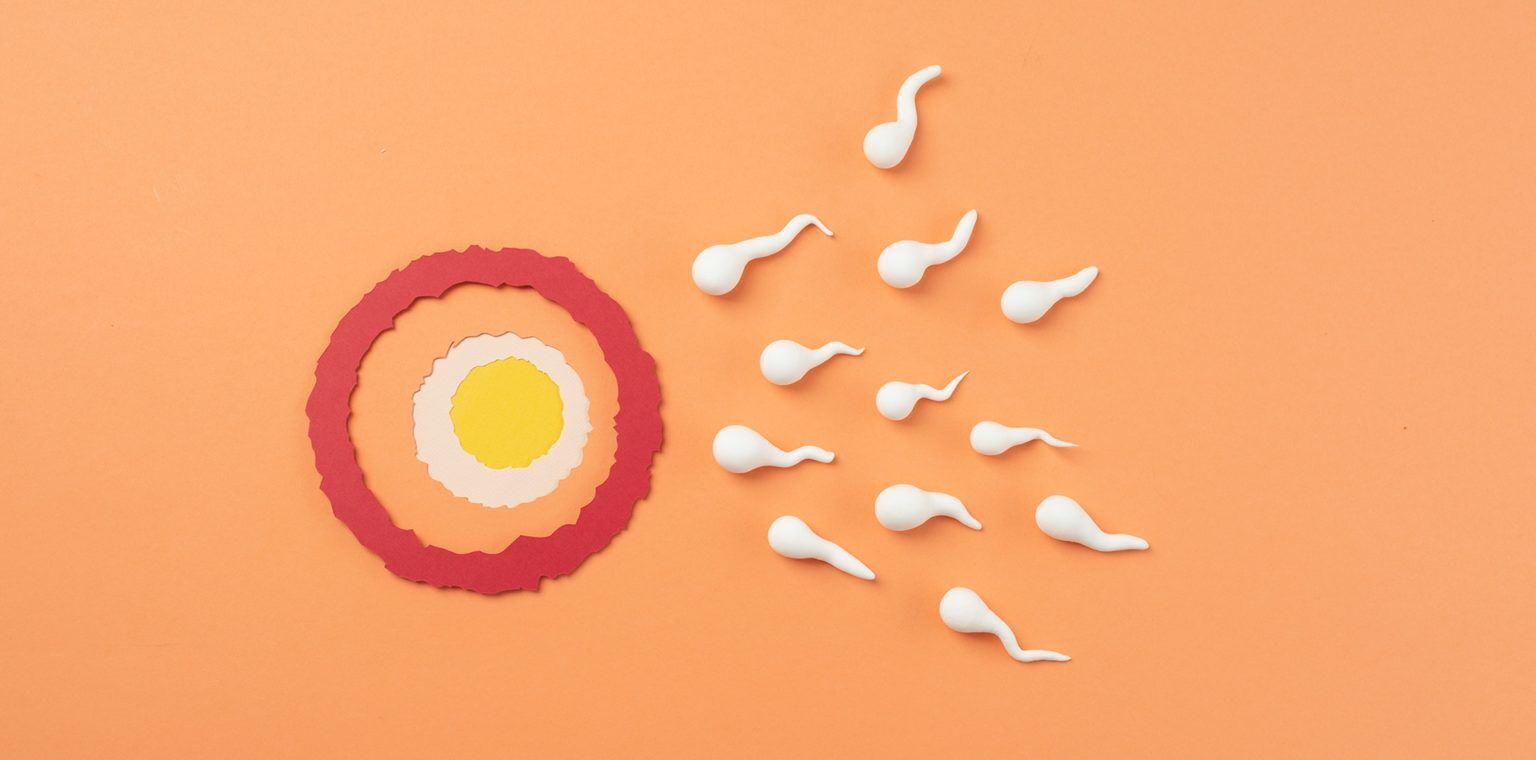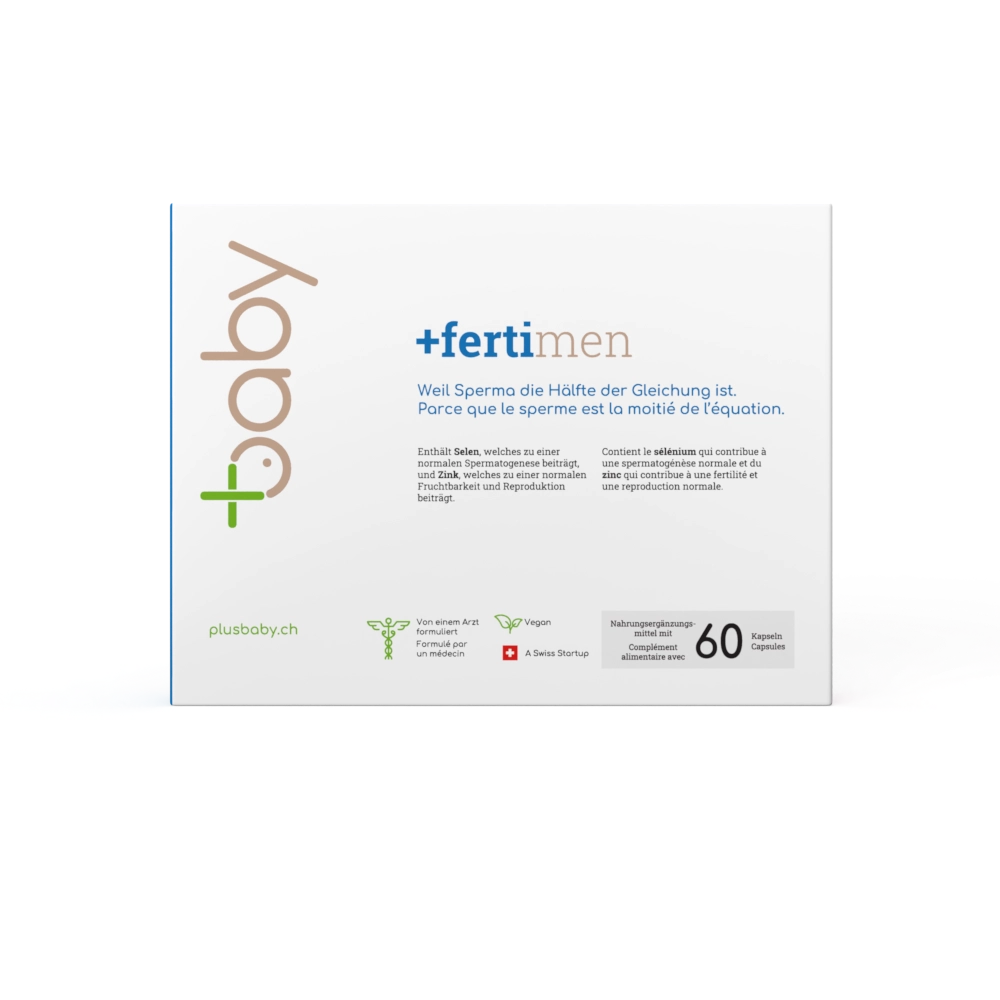Vitamin D and fertility
Vitamin D fertility is a fat-soluble vitamin that is converted into a hormone in the body. It is found in certain foods and can also be converted by the skin thanks to the sun’s UV rays.
It plays many roles in the human body, and some theories claim that a deficiency can influence infertility in men.
Vitamin D and fertility
In general, the recommended dietary intake of vitamin D for adult men under the age of 70 is 600 IU/day, although some argue that it should be higher due to the prevalence of vitamin D deficiency. Some claim that over 40% of the population is vitamin D deficient. One of the factors contributing to this problem is the modern lifestyle that most of us lead, with limited exposure of the skin to sunlight and, consequently, limited exposure to UV rays.
The role of vitamin D in hormone production and sperm creation has been studied in both animals and humans. Experimental studies support a beneficial effect of vitamin D on male fertility by playing a role in hormone production and improving sperm parameters.
Clinical studies in men concerning vitamin D and fertility have been controversial and further research is needed. According to a review of the literature, some studies have demonstrated a positive effect of vitamin D intake on sperm quality and motility.
With regard to the studies suggesting a positive effect of vitamin D on male fertility, it is important to note that vitamin D does not appear to play an important role in human fertility in the absence of deficiency. In other words, if a man already has adequate levels of vitamin D, supplementation is unlikely to be beneficial. On the other hand, when around 40% of the population could be vitamin D deficient, supplementation seems to make sense.
Dietary and complementary forms
To determine whether a genuine vitamin D deficiency exists, a blood test should be carried out. This test is relatively inexpensive and readily available. If a man is diagnosed as vitamin D deficient, it is generally advisable to ensure adequate vitamin D intake to replenish levels for many reasons other than fertility. If supplementation is envisaged, the medical community generally recommends taking the D3 form (and not the D2 form). Indeed, there is some evidence that vitamin D3 is more effective at increasing serum 25-hydroxyvitamin D levels than vitamin D2.
Here are some dietary sources
The first source of vitamin D is the sun. 80 to 90% of the vitamin D (vitamin D3) assimilated by our body is synthesised by the action of ultraviolet rays. The WHO (World Health Organisation) recommends a daily exposure of the face and arms of around 30 minutes. Vitamin D also exists in its natural form in :
– Oily fish such as salmon and tuna
– Milk and butter
– And organ meats.
Given that exposure to the sun is often insufficient in the northern hemisphere, supplements are generally required.
+ferti and vegan vitamin D for fertility
Our +fertimen and +fertiwomen food supplements contain an optimal dose of vitamin D3. While most prenatal vitamin supplements use vitamin D from an animal source (lamb’s wool), the +ferti range has been designed with vitamin D carefully extracted from seaweed to provide an easily absorbable vegan form of vitamin D3.














